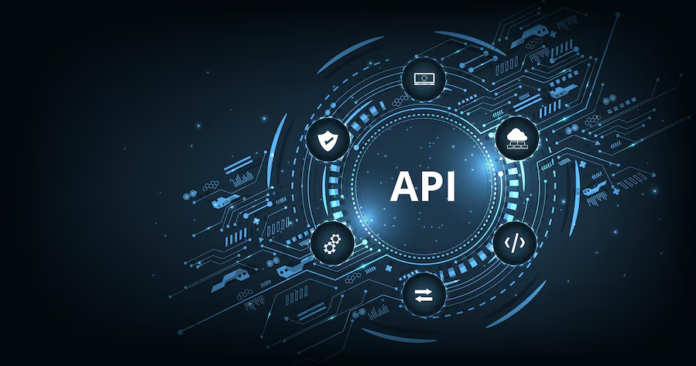In today’s fast-paced digital era, the API economy is not just a technical phenomenon but a transformative force reshaping how businesses operate and innovate across industries. At its heart, APIs (Application Programming Interfaces) act as digital bridges, enabling different software systems to communicate seamlessly and empowering businesses to create interconnected ecosystems that drive efficiency and innovation.
Empowering Businesses Through Connectivity
The API economy is fundamentally about connectivity. It allows businesses to integrate diverse applications and services, whether within their own operations or across partner networks. For example, in the retail sector, APIs enable e-commerce platforms to sync inventory data with logistics providers in real-time, ensuring accurate order fulfillment and timely delivery to customers. This connectivity enhances operational efficiency and improves the overall customer experience.
Facilitating Innovation and Agility
Beyond operational benefits, APIs foster innovation by enabling companies to rapidly develop and deploy new functionalities. Startups and established enterprises alike leverage APIs to build on top of existing platforms, accelerating time-to-market for new products and services. For instance, in the fintech industry, APIs are powering the development of innovative payment solutions and personalized financial services that cater to diverse customer needs.
Challenges and Opportunities
Despite its transformative potential, the API economy presents challenges, particularly around security and governance. With APIs facilitating the exchange of sensitive data between systems, ensuring robust security measures and regulatory compliance is crucial to mitigate risks such as data breaches and unauthorized access. Moreover, as businesses increasingly rely on APIs for core operations, there is a growing demand for skilled developers proficient in API design, integration, and management.
Looking Ahead: Future Trends
Looking ahead, the API economy is poised for continued growth and evolution. Emerging technologies such as artificial intelligence (AI), machine learning, and blockchain are expected to further enhance API capabilities, enabling more intelligent and secure interactions between systems. Moreover, as industries embrace digital transformation and move towards cloud-native architectures, APIs will play a central role in orchestrating complex workflows and enabling scalable, resilient systems.
Conclusion
In conclusion, the API economy represents a paradigm shift in how businesses leverage technology to drive innovation, connectivity, and agility. By embracing APIs as strategic assets and fostering collaboration across ecosystems, organizations can unlock new opportunities, enhance operational efficiencies, and deliver seamless experiences to customers. As businesses navigate this digital frontier, harnessing the full potential of APIs will be key to staying competitive and thriving in the rapidly evolving global marketplace.




